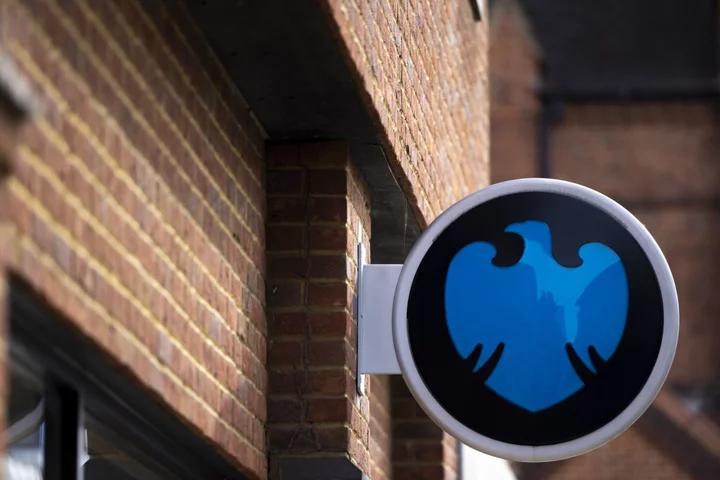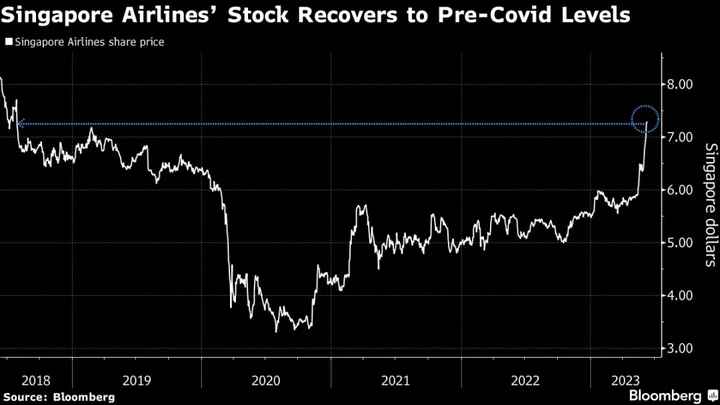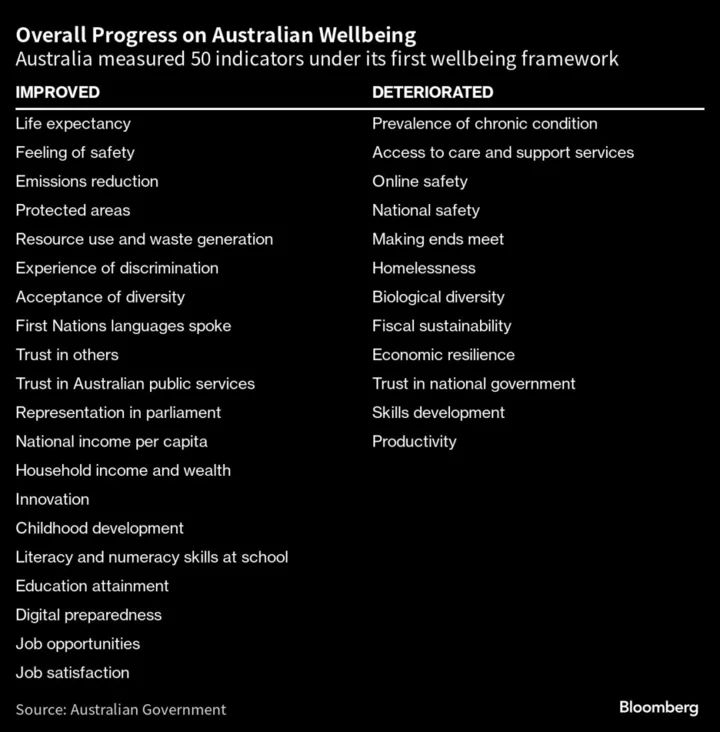Barclays Plc is planning to cut costs after the banking giant’s trading division missed estimates in the third quarter and the firm lowered guidance for its UK lender again.
The British group’s corporate and investment bank reported £3.08 billion ($3.8 billion) in revenue, weaker than the £3.24 billion expected by analysts, as fixed income, currency and commodity trading declined by 26% on a year ago.
The investment bank had “pockets of underperformance” after a record-breaking spell in the prior year, Chief Executive Officer C.S. Venkatakrishnan said on a call with journalists.
In its domestic market, Barclays again reduced its outlook for net interest margin this year to between 3.05% and 3.1%, having already cut this guidance in July, as the benefits of higher interest rates start to fade amid what the firm described as a “competitive environment for UK retail deposits.”
Shares in the lender were down 6.83% in London. The firm was the worst-performer on the FTSE 100 index in early trading.
The bank will provide an investor update at its full-year results in February and is “evaluating actions to reduce structural costs to help drive future returns, which may result in material additional charges,” according to a statement Tuesday.
“We see further opportunities to enhance returns for shareholders through cost efficiencies and disciplined capital allocation across the group,” Venkatakrishnan said in a statement.
Costs for the third quarter were £3.9 billion, slightly below consensus estimates, while credit impairment charges were a fifth lower than expected at £433 million. The bank reported pretax income of £1.9 billion.
The results come at a challenging time for Barclays, which sees itself as one of the last truly global investment banks in Europe. Earlier this year, Venkatakrishnan turned to strategy advisers to hash out a plan to boost the bank’s lagging share price.
“Barclays remains the most undervalued of the mainstream UK banks that we cover, but we expect uncertainty around the potential impact of structural costs actions and net interest margin pressure could hold the shares back in the near-term,” Shore Capital analyst Gary Greenwood said in a research note.
For now, Barclays is streamlining its portfolio with the sale of a consumer-finance business in Germany and a possible sale of its merchant-acquiring business. Barclays’s investment bank is also nearing a deal with AGL Credit Management for a private credit fund, Bloomberg has reported.
Investment Bank
Income from trading bonds, commodities and currencies fell more than a quarter to £1.15 billion while equities trading fell 5% to £675 million, excluding the effects of a securities overissuance in the prior year. Analysts had seen income of £1.2 billion for FICC and £602 million for equities.
Advisory fees fell by half to £80 million, reflecting lower client activity.
Barclays’s UK business — which includes personal banking, a consumer-finance bank and business banking — posted total income of £1.9 billion for the third quarter, a 2% fall compared to the previous year.
What Bloomberg Intelligence Says
Barclays’ indication of additional UK margin pressure — with 2023 net interest margin guidance cut to 3.05-3.10% from 3.15% — and a 5% revenue miss vs. estimates in the investment bank (2% at group level) will drive both cost-cutting and estimate downgrades into 2024. Stable impairments at 42 bps (52 bps expected) and a 4% decline in underlying costs ensured pretax profit met estimates, but revenue setbacks are likely to dominate market reaction.
Philip Richards, BI analyst
The firm’s cards and payments business recorded net revenue of £1.4 billion, 9% higher than the previous year, reflecting higher balances in US cards.
Other highlights from the quarter include:
- CET1 ratio of 14%, at top end of bank’s guidance for the year
- Cost-to-income ratio of 63%, with bank targeting “low 60s”
- Return on tangible equity of 11%, compared to target of more than 10%
--With assistance from Leonard Kehnscherper.
(Adds details throughout.)
Author: Jan-Henrik Förster









